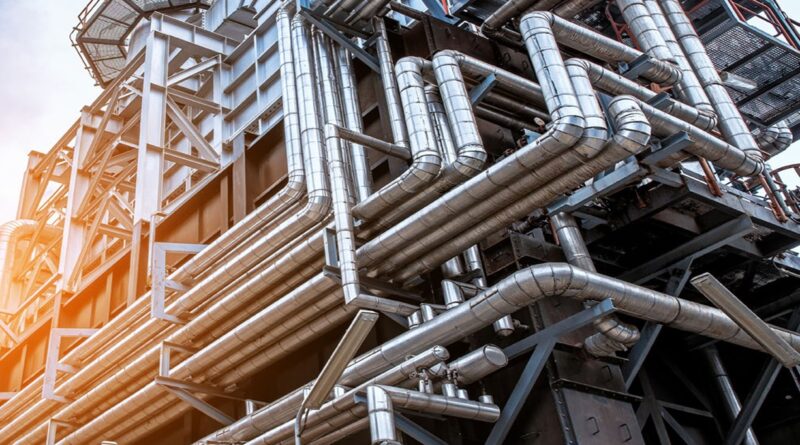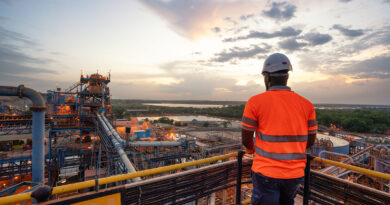Cutting gas leakage becomes a policy priority
Projections that the global consumption of natural gas will continue to grow underline the urgency of reducing its associated greenhouse gas emissions. Methane emissions are estimated to have caused roughly 30% of the global warming observed since the pre-industrial period, and the UN Environment Programme argues that curbing those emissions is one of the most effective ways to slow the pace of climate change in the short term. The energy industry’s ability to contribute to that effort was one of the hot topics at Gastech.
Many oil and gas companies have set targets for reducing methane leakage and flaring. The Oil and Gas Climate Initiative last year launched its Aiming for Zero Methane Emissions Initiative, backed by companies including ExxonMobil, Shell, Chevron and Saudi Aramco, which pledged to “strive to reach near zero methane emissions from our operated oil and gas assets by 2030”. Wood Mackenzie is a supporter of that initiative.
Governments have also been making commitments. The Global Methane Pledge, launched in 2021, commits signatories to taking voluntary actions to contribute to a global reduction in methane emissions of 30% by 2030.
At Gastech, however, Mark Brownstein of the Environmental Defense Fund, argued that governments needed to exert more pressure on the industry. “A voluntary approach will not be enough,” he said. “It will be too slow, and we are running out of time. We need this pressure to happen sooner rather than later.”
Technology is increasing the visibility of methane emissions. The EDF has a project called MethaneSAT, which it says will be “the most advanced methane tracking satellite in space, measuring methane emissions virtually anywhere on earth.” Its launch is planned for early 2024. The OGCI has been working with GHGSat, which collects and analyses emissions data from satellites and aircraft.
Increased transparency will add to the pressure on operators to address their emissions. Methane is expected again to be a central issue at the COP28 climate talks in Dubai, which begin at the end of November.
No-one should be under any illusion that fixing gas leakage from the industry will solve the problem of methane emissions. The Scope 1 and 2 emissions from LNG, produced when the gas is extracted, processed, liquefied, transported and regasified, might be only a third or a quarter of the Scope 3 emissions produced when the gas is burned.
The methane problem also goes well beyond the energy industry: it is a big issue for the agriculture and waste sectors, as well. Estimates published by the UN Environment Programme last year suggest that the natural gas industry is responsible for only about 9% of global methane emissions. But addressing fugitive methane with urgency is a way for the industry to demonstrate that it intends to be part of the solution on climate change. One participant at Gastech noted that it was essential for the oil and gas industry to play a central role in COP28 and subsequent climate negotiations, but the “seat at the table” could not be unconditional: the industry had to show it was serious about finding solutions. Ending all avoidable methane emissions would be a powerful way to signal that seriousness.




